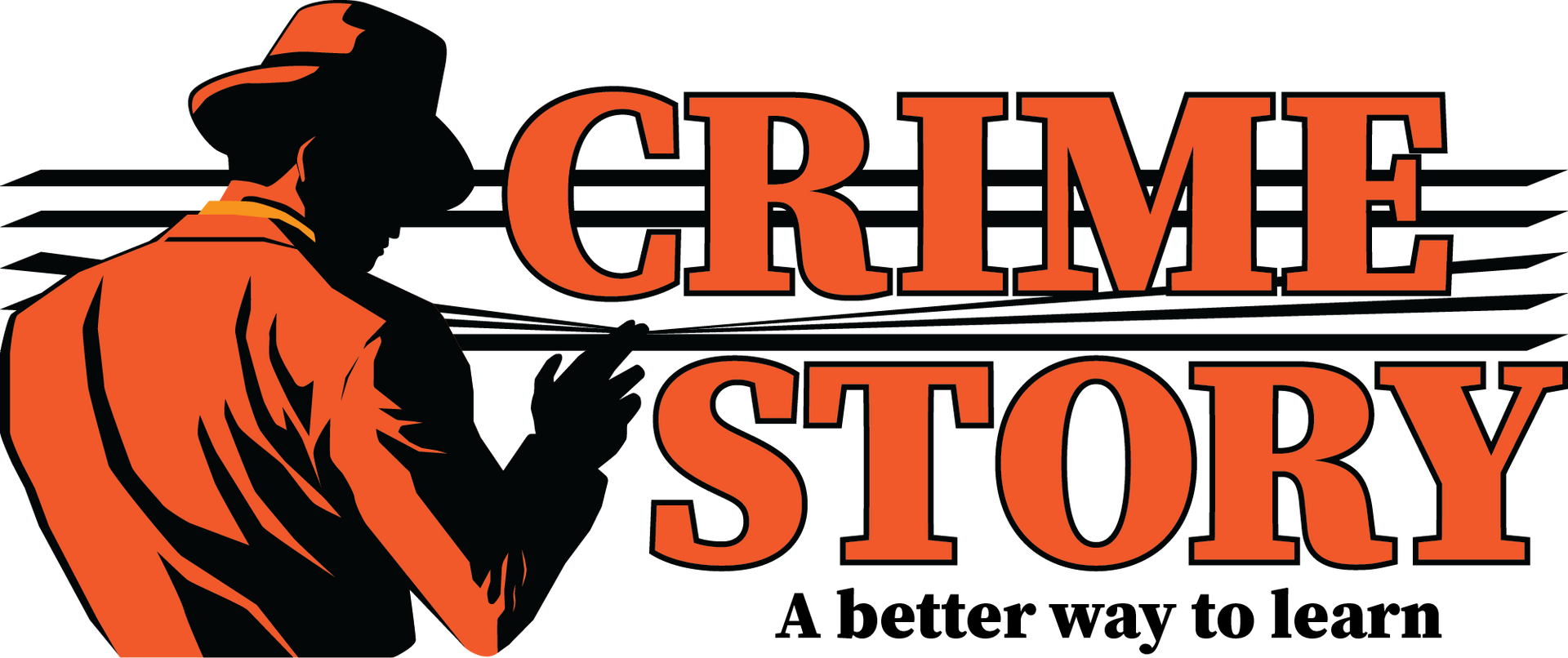Have a Question?
Mastering the Art of Writing a Reflection Statement
The Reflection Statement for the Craft of Writing could be worth 50% of your mark. Often overlooked and underappreciated in favour of the ‘actual story’ it is a mistake to ignore it. At best, many students simply record their motivation for writing such a piece and ignore the mechanics of the composition. This is alarming because students have spent 12 years analysing texts; the past two of which was the HSC with English teachers who pull the text apart to ridiculous levels! So why is this alarming?
REVERSE THE PROCESS.
The reflection statement is simply an analysis of your own text. This is you, throwing away Favel Paret and T.S.Eliot and analysing… you [ insert name here ].
Look closely at the image below. It is a film set for a new TV series in Australia. Set in Kings Cross of the past decades the set has been recreated in an old industrial zone in Western Sydney. On one side of the street is the façade; painted, colourful, sturdy and telling a specific story. That is your written response.
On the other side of the street, we see behind the polish, the behind-the-scenes construction. Shipping containers to carry goods and support the shopfront. There are timber support braces, studs, scaffolding, purlins and reinforcing of every kind. In it’s finished product we will never see this, but we know it must be there. We know it is needed. To succeed in the Craft of Writing you need to tell the examiners about it. You need to travel both sides of the road.
Building My Set
Crime Story: HSC Craft of Writing Solved involves a clear understanding of your street. You can drive in 2 directions on this street: story first or reflection first. Now it may sound counter intuitive to reflect on a story not yet written, but you have been tinkering with your idea for a while now. Most of you will have an idea in your head, others will conjure magic in the moment (lucky you!). But you are reflecting on the writing process of 12 months, the entire learning of the HSC. This includes choices of what you used and rejected. This process is a form of reverse engineering. Choose a couple of literary techniques and write your story with that in mind. Don’t leave it to chance. This is a definite plan and won’t leave you scratching for identifiable techniques in your story that probably doesn’t have any. If it does, it is likely by chance.
Here is a quick example of using only ONE technique to great effect. It is pre-planned and executed with a particular plot in mind.
Numbering– “He was the third of his family to graduate with the 101st Airborne. He placed first in his class and was given his preference of five platoons. He had seven hours before flight DX19 taxied the runway at 1400 hours. It was 27th July 2022, and the next 24 hours would change his life. The repetition of numbers always manages to instil a sense of the military, paramilitary, time sensitive, technical, crime and procedural matters that are often de-humanising, turning us all into a ‘number’.
Colour – The roses were an unusual hue for this time of spring. Not yet fully in bloom, the crimson was less pronounced this year, but with the rain of April, they stood out just as much against the many greens of the surrounding garden. Repetition of actual colours combined with allusions of colour create this ocular sensory imagery.
And don’t fall into the trap of listing imagery as a technique. Whilst many literary technique charts will indicate Imagery as a technique, it is vague and misleading. Everything ever written can create an image for someone. Think of ‘imagery’ as being the result of techniques.
Eg: Technique + Technique = Imagery
With only a few, carefully chosen and applied techniques Crime Story will lead you through a workshop that develops these skills using an interactive Crime Scene specifically targeting these transferable skills. Good luck and have some fun with your new skills!

Educational Packages
Unlock a world of discovery with our Educational Packages, where students collaborate with a former detective and experienced teacher to embark on captivating investigations aligned with essential syllabus elements. These interactive workshops not only spark curiosity but also enhance critical thinking and teamwork, offering students a chance to explore their interests in a dynamic learning environment. We provide workshops designed for schools anywhere in Australia. Dive into our diverse offerings below to find the perfect fit for your classroom.

Corporate Team Building
Transform your corporate team building experience with an engaging Crime Story Corporate Team Building Event. Whether for a small team or a large corporate retreat, our customized crime scene investigations encourage teamwork, problem-solving, and the development of essential soft skills in a fun, interactive environment. Bring your team closer together as they uncover clues and navigate through real-life mysteries, all while enhancing morale and building stronger connections.

